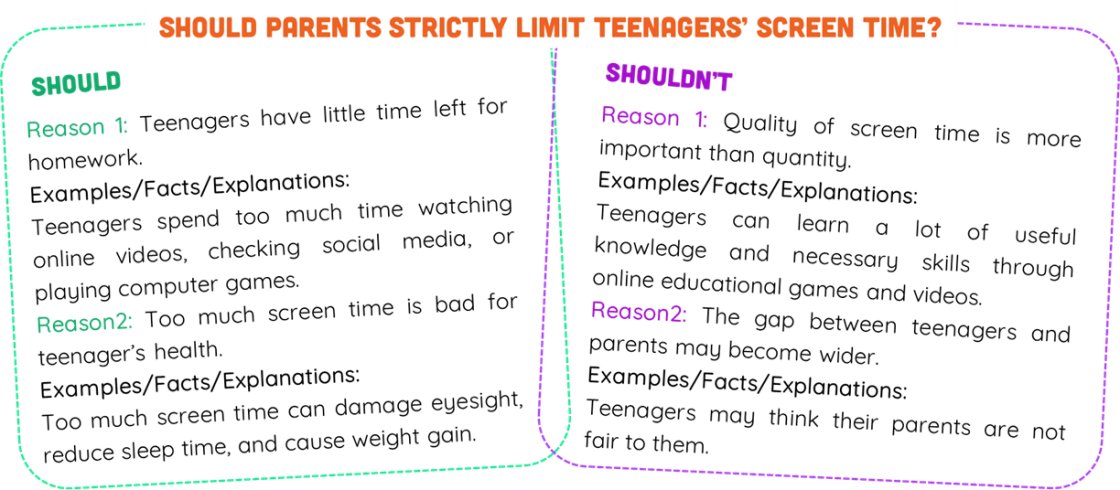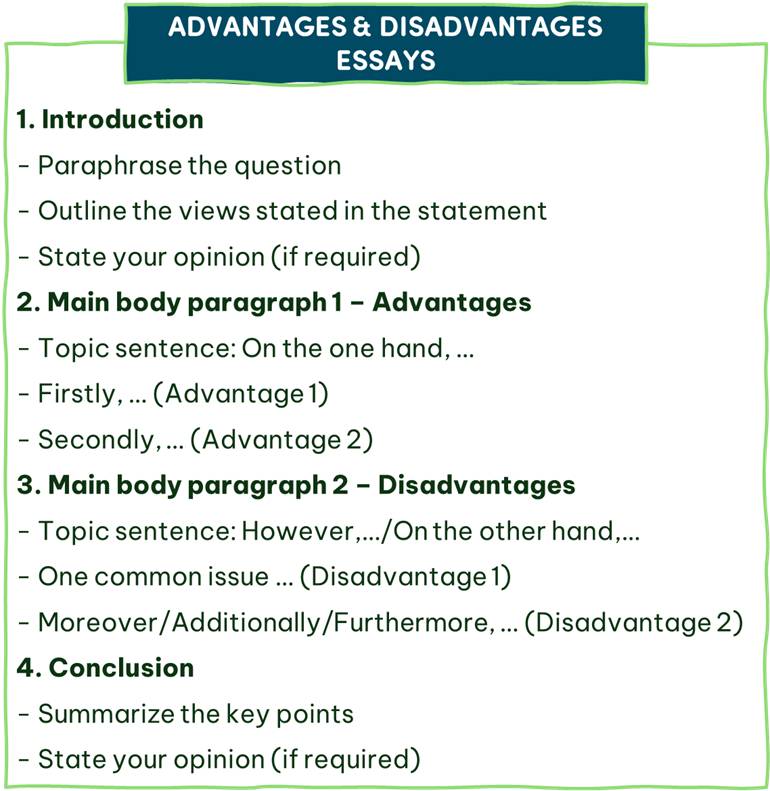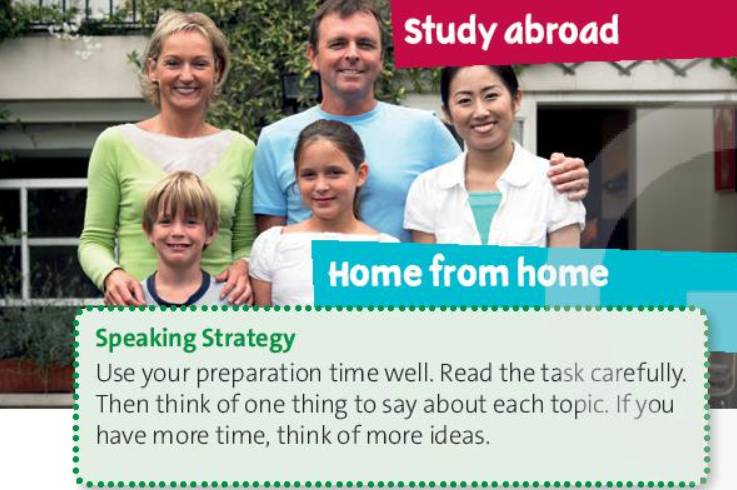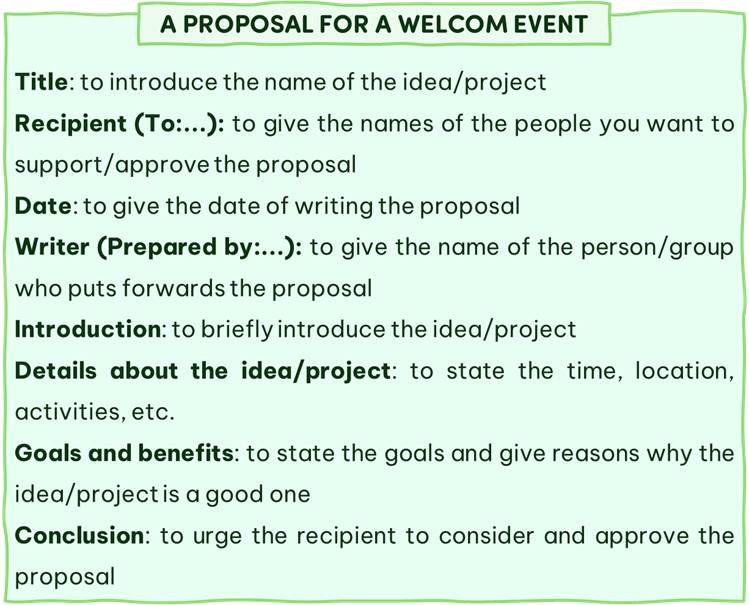Hãy nhập câu hỏi của bạn vào đây, nếu là tài khoản VIP, bạn sẽ được ưu tiên trả lời.

Living in a smart city brings many benefits and disadvantages. In this article, I will present some pros and cons of living in a smart city.
The first advantage of living in a smart city is convenience. Information and communications technology is integrated into urban systems, helping to provide public services more effectively. For example, through mobile applications, people can easily search for information about transportation, destinations, and entertainment activities. Furthermore, the smart traffic system helps reduce congestion and save travel time.
Another advantage of smart cities is energy saving and environmental protection. Advanced technologies are applied to manage and use resources effectively. For example, automatic lighting and temperature regulation in buildings help save energy. In addition, the use of smart public transport and self-driving cars helps reduce polluting emissions.
However, living in a smart city also has disadvantages. One of them is the issue of information security. With the widespread use of information technology, the risk of personal information insecurity and privacy violations increases. This requires strong security measures to ensure the safety of people's personal data.
Another drawback of smart cities is their dependence on technology. If technology systems fail or are attacked, public services could be disrupted. This poses challenges for maintaining stability and ensuring security of smart cities.
In short, living in a smart city brings many benefits such as convenience and energy savings. However, it is also necessary to pay attention to information security issues and dependence on technology. To make the most of the advantages and minimize the disadvantages, smart investment and management from city managers is needed.

In my opinion the best thing about spending a year with a family abroad is that all of the members have the opportunity to learn and speak a new language and visit different places in another country. Moreover, the young generation can learn in a new educational environment which brings more job opportunities for the future. In contrast, the worst thing about spending a year with a family abroad is missing the place where we were born and grown up. We will find it is strange to eat different food as well as experience new cultures that we aren't used to.
Tạm dịch:
Theo tôi, điều tuyệt vời nhất khi dành một năm cùng gia đình ở nước ngoài là tất cả các thành viên đều có cơ hội học và nói một ngôn ngữ mới cũng như tham quan những địa điểm khác nhau ở một quốc gia khác. Hơn nữa, thế hệ trẻ được học tập trong một môi trường giáo dục mới, mang lại nhiều cơ hội việc làm cho tương lai. Ngược lại, điều tồi tệ nhất khi dành một năm với gia đình ở nước ngoài là nhớ nơi chúng ta sinh ra và lớn lên. Chúng ta sẽ thấy lạ lẫm khi ăn những món ăn khác nhau cũng như trải nghiệm những nền văn hóa mới mà chúng ta chưa quen.

It's possible that the green color on the cover represents nature or the environment, which is a central theme of the book. I can also see a river on the left of the book. I guess this book is about protecting the environment

Dear Anna,
I'm glad that you like the cooking book. It has many interesting recipes in there, you should try one. By the way, Sunday sounds great, I'll come over at 4 p.m.
See you soon,
Linda
Hi Anna,
I'm glad that you're finding my book on healthy cooking helpful.
I am delighted to join you at your home this Sunday to find out some recipes from the book with you.
Unfortunately, my mango trees has not produced any mangoes at the time, but by the way I will buy some fresh mangoes from the market on the way to your place for one of the dishes.
Looking forward to seeing you soon.
Warm regards.
Linda.

In my opinion, the concern that teenagers spend too much time on social media is valid. While social media can be a useful tool for communication and staying connected with friends, it can also be addictive and take up too much time that could be spent on other activities.
One solution to this problem is for parents to set limits on their children's screen time and encourage them to engage in other activities such as sports, hobbies, and spending time with family and friends. Additionally, schools could educate students about responsible social media use and the negative effects of spending too much time on it.
Another solution is for social media companies to implement features that encourage users to take breaks and limit their time on the platform. For example, Instagram recently introduced a feature that shows users how much time they spend on the app each day and allows them to set a time limit.
Overall, while social media can be a valuable tool for communication and connection, it is important for teenagers to balance their time spent on it with other activities and for parents and schools to play an active role in encouraging responsible use.
Tạm dịch:
Theo tôi, lo ngại rằng thanh thiếu niên dành quá nhiều thời gian cho mạng xã hội là có cơ sở. Mặc dù mạng xã hội có thể là một công cụ hữu ích để giao tiếp và duy trì kết nối với bạn bè, nhưng nó cũng có thể gây nghiện và chiếm quá nhiều thời gian có thể dành cho các hoạt động khác.
Một giải pháp cho vấn đề này là cha mẹ đặt ra giới hạn về thời gian sử dụng thiết bị của con cái họ và khuyến khích chúng tham gia vào các hoạt động khác như thể thao, sở thích và dành thời gian cho gia đình và bạn bè. Ngoài ra, các trường học có thể giáo dục học sinh về việc sử dụng phương tiện truyền thông xã hội có trách nhiệm và những tác động tiêu cực của việc dành quá nhiều thời gian cho nó.
Một giải pháp khác dành cho các công ty truyền thông xã hội là triển khai các tính năng khuyến khích người dùng nghỉ giải lao và giới hạn thời gian của họ trên nền tảng. Ví dụ: Instagram gần đây đã giới thiệu một tính năng cho người dùng biết họ dành bao nhiêu thời gian cho ứng dụng mỗi ngày và cho phép họ đặt giới hạn thời gian.
Nhìn chung, mặc dù mạng xã hội có thể là một công cụ có giá trị để giao tiếp và kết nối, nhưng điều quan trọng đối với thanh thiếu niên là cân bằng thời gian dành cho mạng xã hội với các hoạt động khác, đồng thời để phụ huynh và nhà trường đóng vai trò tích cực trong việc khuyến khích sử dụng có trách nhiệm.
Social media has become an integral part of teenagers' lives, and many people argue that they spend too much time on these platforms. I believe this concern is valid. Excessive social media use can lead to negative effects such as reduced attention spans, decreased face-to-face interactions, and an increased risk of mental health issues like anxiety and depression. Teenagers may also become overly focused on creating a perfect online image, which can lead to feelings of inadequacy and low self-esteem.
To address this issue, both parents and educators should encourage a more balanced approach to social media use. Setting reasonable limits on screen time and promoting offline activities like sports, reading, and hobbies can help. Schools could also incorporate digital literacy programs that teach students about the impact of social media and the importance of maintaining a healthy balance. Ultimately, it’s important to guide teenagers towards using social media responsibly, ensuring it complements their lives rather than dominates them.

My best friend, Hoa, decided to drop out of school and start working to help her parents.
(Bạn thân của tôi, Hoa , quyết định bỏ học và bắt đầu làm việc để giúp bố mẹ.)
In my class, she was one of the best students.
(Trong lớp của tôi, cô ấy là một trong những học sinh giỏi nhất.)
She not only always got high marks on exams but also was a good friend because of her kindness.
(Cô ấy không chỉ luôn đạt điểm cao trong kỳ thi mà còn là người bạn tốt vì lòng tốt của cô ấy.)
She helped us with our homework, gave us encouragement to overcome our troubles.
(Cô ấy giúp chúng ta làm bài tập, cho chúng ta sự khuyến khích vượt qua những khó khăn.)
Hoa’s family is very poor. Both of her parents are farmers.
(Gia đình Hoa rất nghèo. Cả hai bố mẹ đều là nông dân.)
Although they work hard in the fields all year round, they can’t earn enough money to cover their everyday needs.
(Mặc dù họ làm việc chăm chỉ trong suốt cả năm, họ vẫn không thể kiếm đủ tiền để trang trải cho nhu cầu hàng ngày của họ.)
Of course, they can’t support Hoa to go to school.
(Tất nhiên, không không thể hỗ trợ Hoa đi học.)
She loves her family so much and she doesn’t want to be a burden on her parents, so she dropped out of school and started working.
(Cô ấy yêu gia đình mình rất nhiều và cô ấy không muốn trở thành gánh nặng cho bố mẹ, nên cô ấy bỏ học và bắt đầu làm việc.)
Since she left school, my class has missed her so much and all of us wish we could do something to help her to continue her education.
(Kể từ khi cô ấy rời trường, lớp tôi nhớ cô ấy rất nhiều và tất cả chúng tôi đều ước chúng tôi có thể làm gì đó để giúp cô ấy tiếp tục học tập.)

a) countable nouns: document, gadget
(danh từ đếm được: tài liệu, tiện ích)
b) uncountable nouns: habit, health, information, money, music, software, website, homework
(danh từ không đếm được: thói quen, sức khỏe, thông tin, tiền bạc, âm nhạc, phần mềm, trang web, bài tập về nhà)

Come see this unique and modern house built on a cliff overlooking the ocean. The house has a spacious interior with stunning glass and metal design that perfectly complements the natural rock formation. And the view is extremely spectacular, with unobstructed views of the endless ocean. You won't find another house quite like this one, so come and see it for yourself.
Tạm dịch:
Hãy đến xem ngôi nhà độc đáo và hiện đại này được xây dựng trên một vách đá nhìn ra biển. Ngôi nhà có nội thất rộng rãi với thiết kế bằng kính và kim loại tuyệt đẹp bổ sung hoàn hảo cho sự hình thành đá tự nhiên. Và góc nhìn thì rất ngoạn mục, với tầm nhìn không bị cản trở ra đại dương vô tận. Bạn sẽ không tìm thấy một ngôi nhà nào khác giống như ngôi nhà này, vì vậy hãy đến và tự mình xem nó.






.png)



In today's digital age, screens have become an integral part of our daily lives. However, excessive screen time can have some negative impacts on our health, particularly for teenagers. In my opinion, it is important to limit teenagers' screen time. Firstly, prolonged exposure to screens has been linked to a variety of health problems such as obesity, poor eyesight, and insomnia. Spending excessive amounts of time in front of screens can also cause headaches, neck and back pain, and postural problems. Limiting teenagers' screen time can help ensure that they get enough physical activity, fresh air, and quality sleep that their growing bodies need. Secondly, excessive screen time can negatively impact teenagers' mental health. It can lead to feelings of isolation, anxiety, depression, and even addiction. Social media platforms, for instance, can create unrealistic expectations for youth, leaving many feeling inferior and depressed. To combat this, teenagers should learn to moderate their Internet and screen usage, and pursue more meaningful and fulfilling activities. Thirdly, screen time can affect teenagers' cognitive development. The brain of a teenager is still developing, and research shows that excessive screen time can impede brain development that affects cognitive skills such as attention span, memory, and problem solving. In contrast, spending more time reading, interacting face-to-face with peers, and engaging in outdoor activities can help teenagers build positive cognitive skills. In conclusion, while screens are useful tools, they should be used in moderation, especially for teenagers. Limiting their screen time can have positive effects on their physical, mental, and emotional well-being. Parents and guardians should encourage teenagers to find other activities that they enjoy besides screens such as sports, arts, traveling, and socializing with peers. By doing so, teenagers can strike a healthy balance between screen time and other activities, leading to a healthier and happier life.